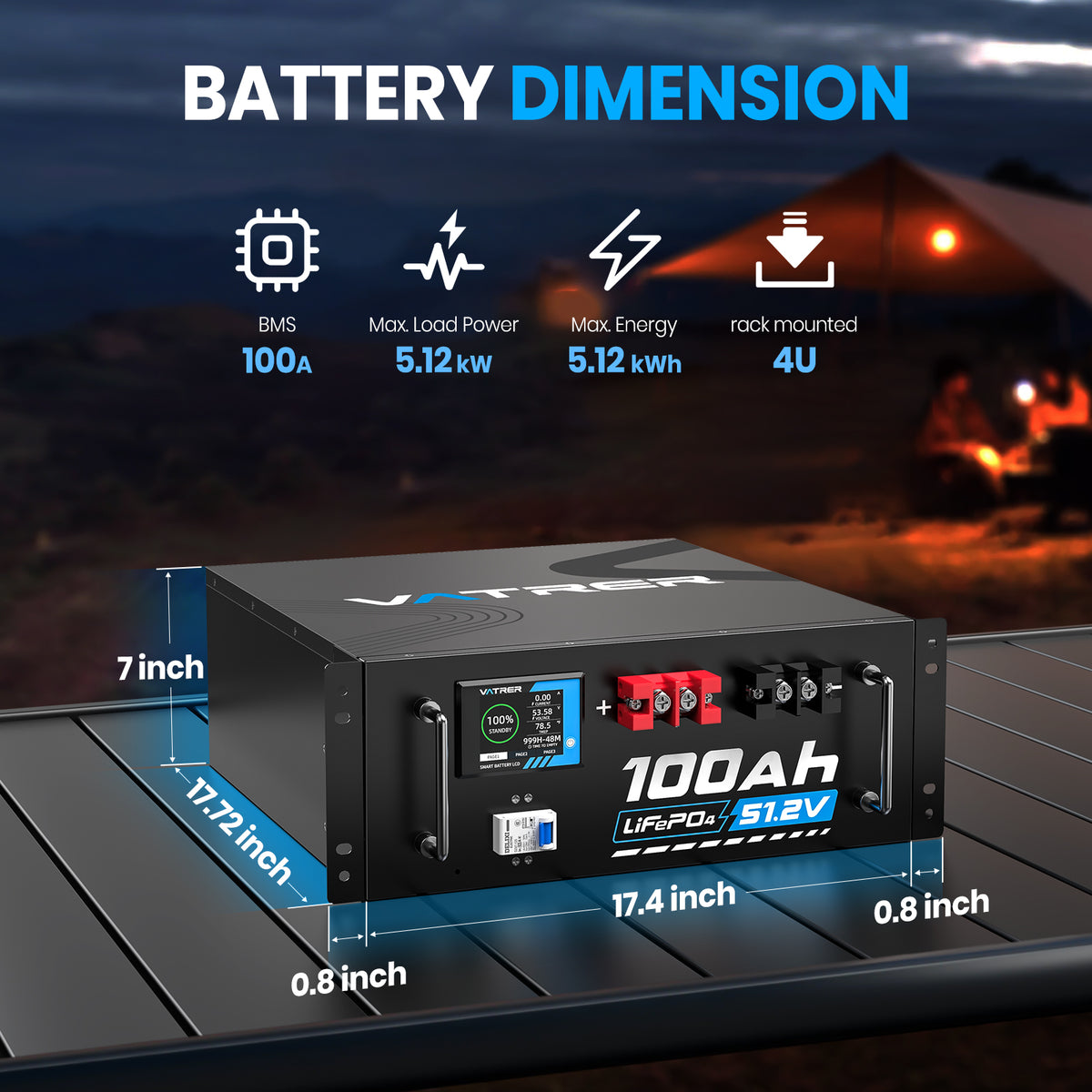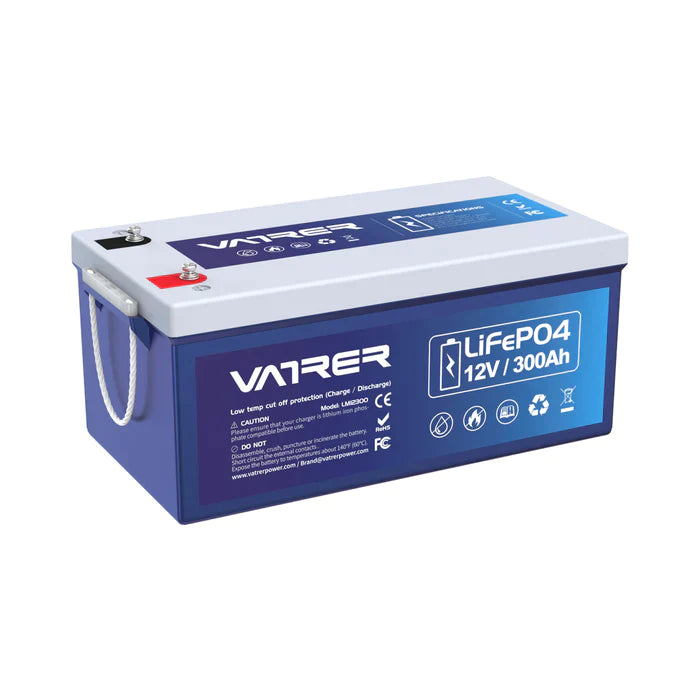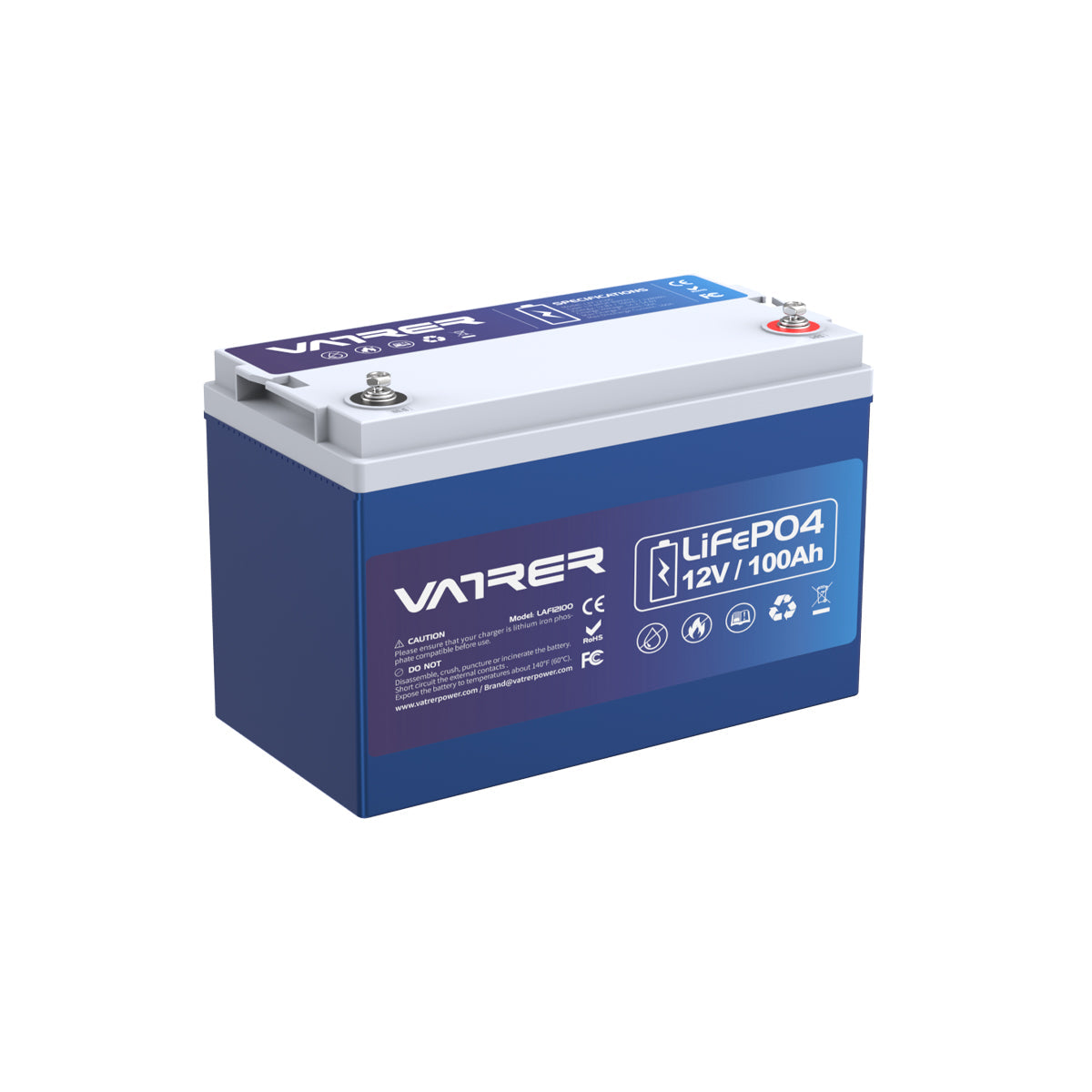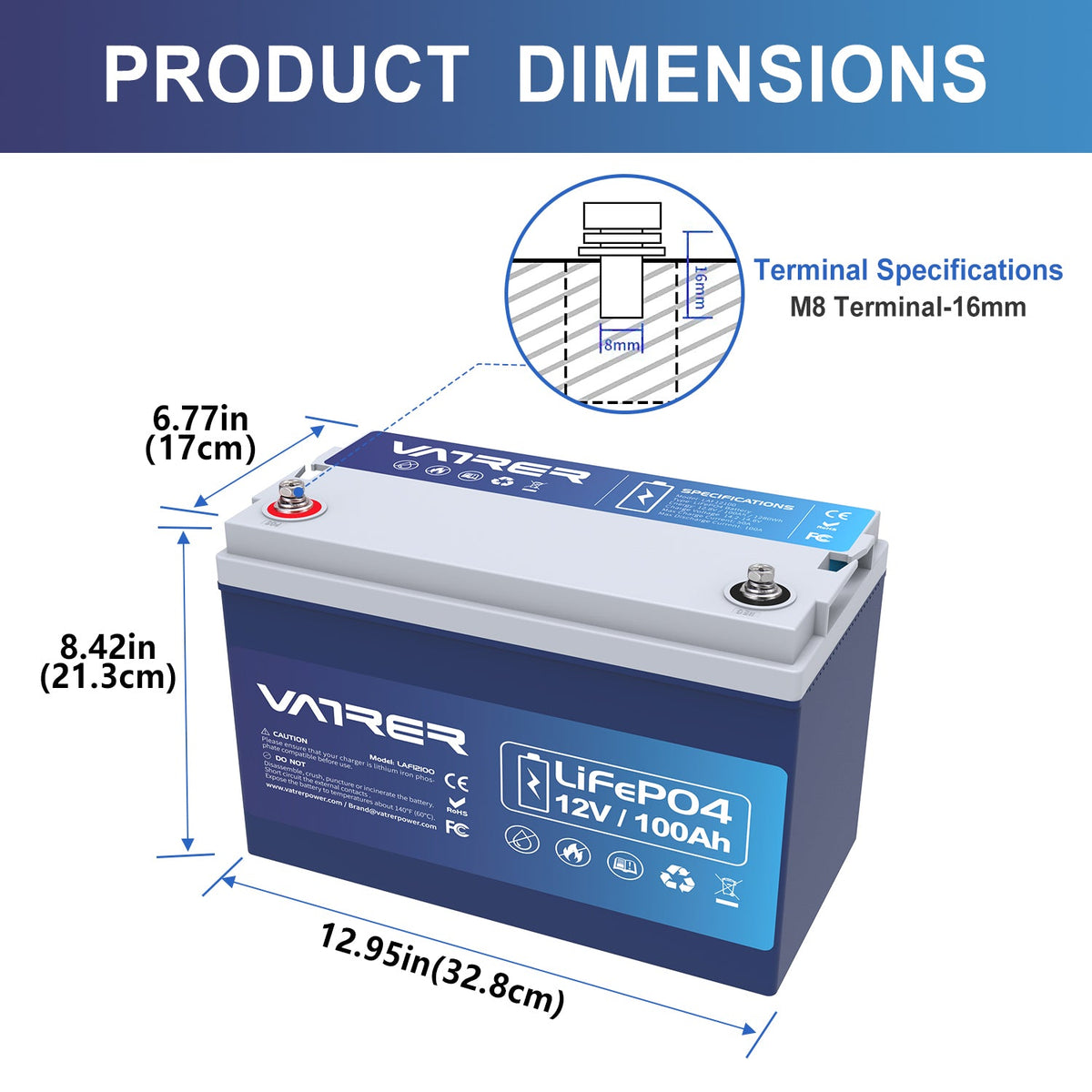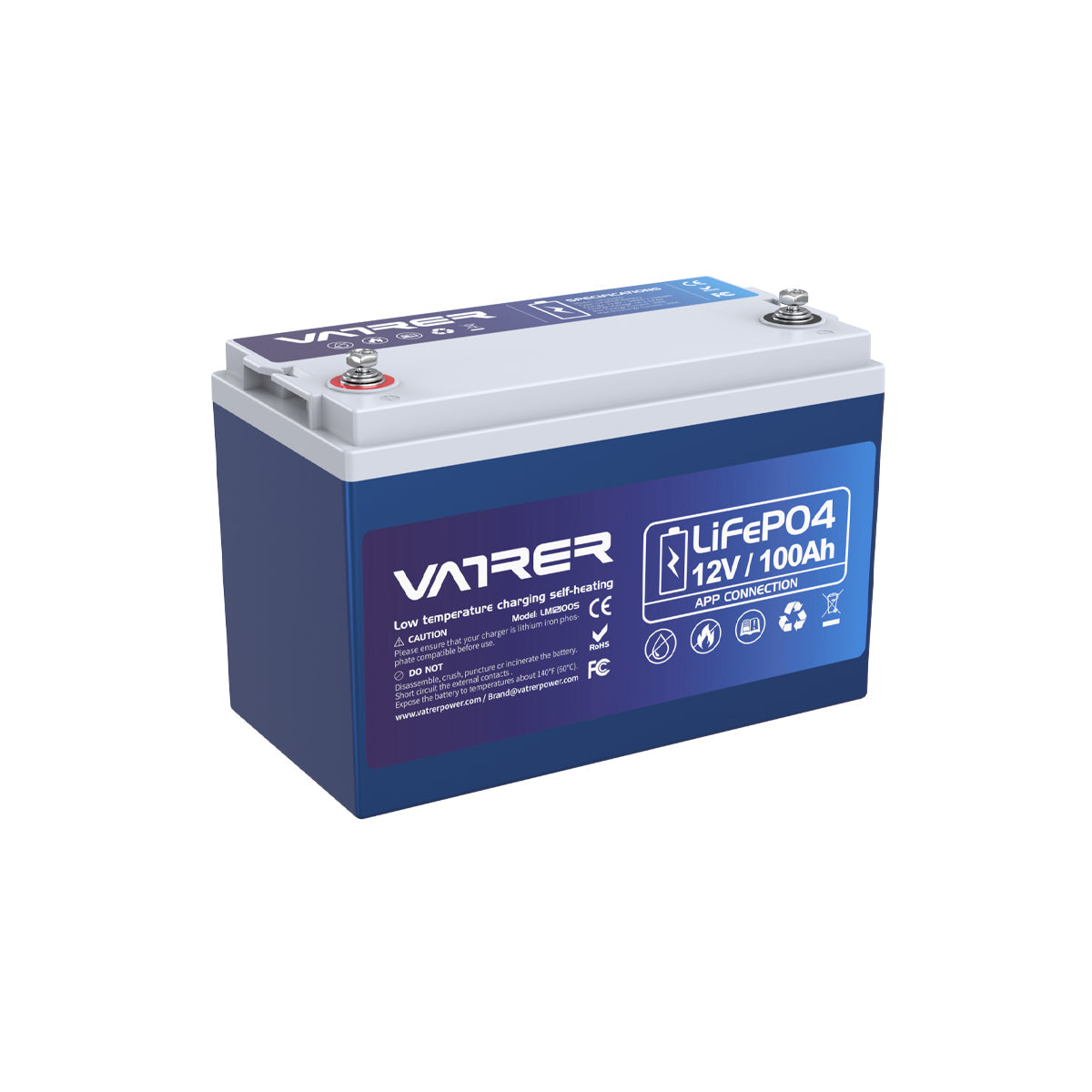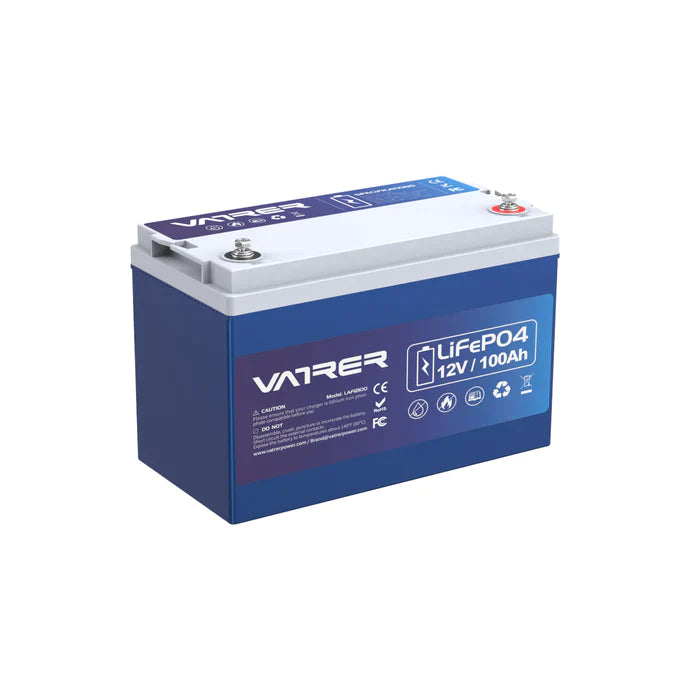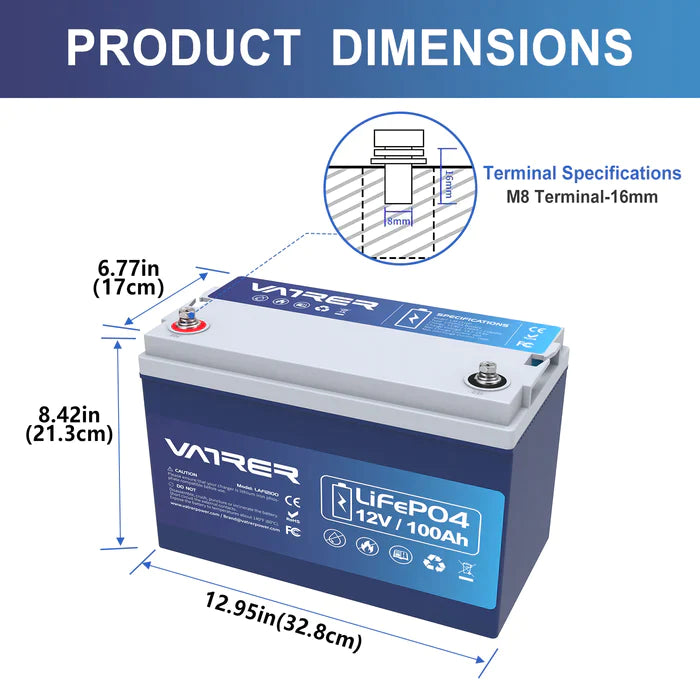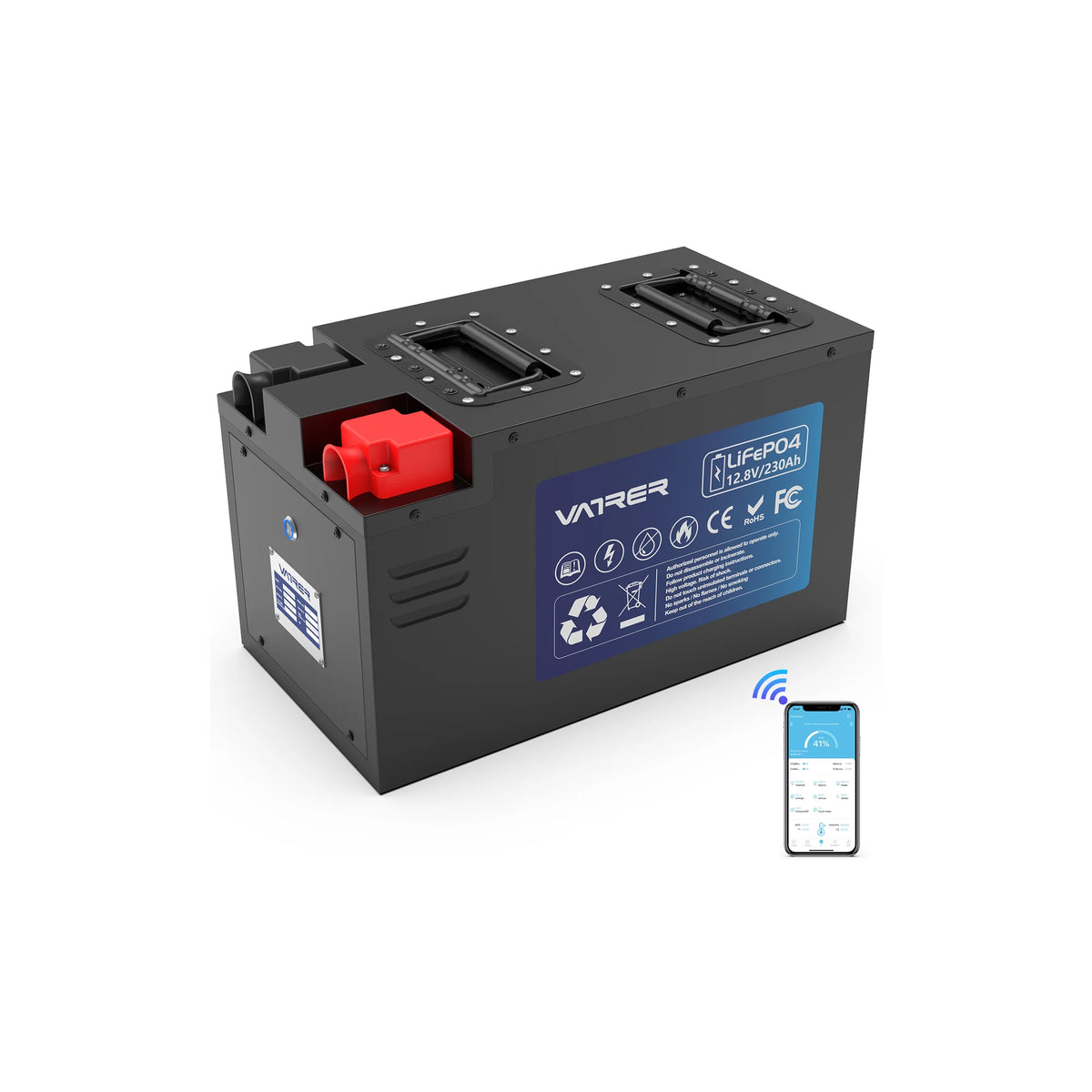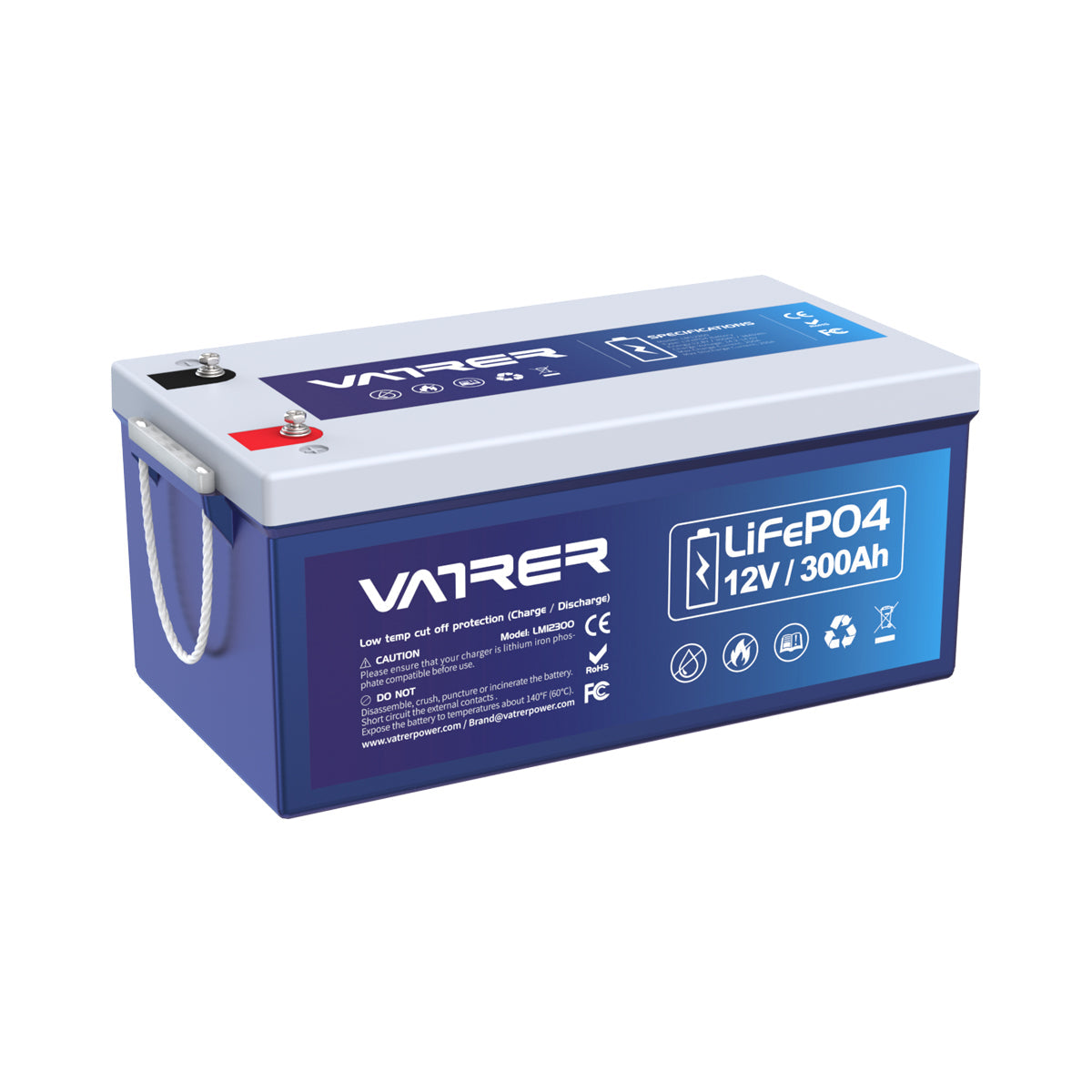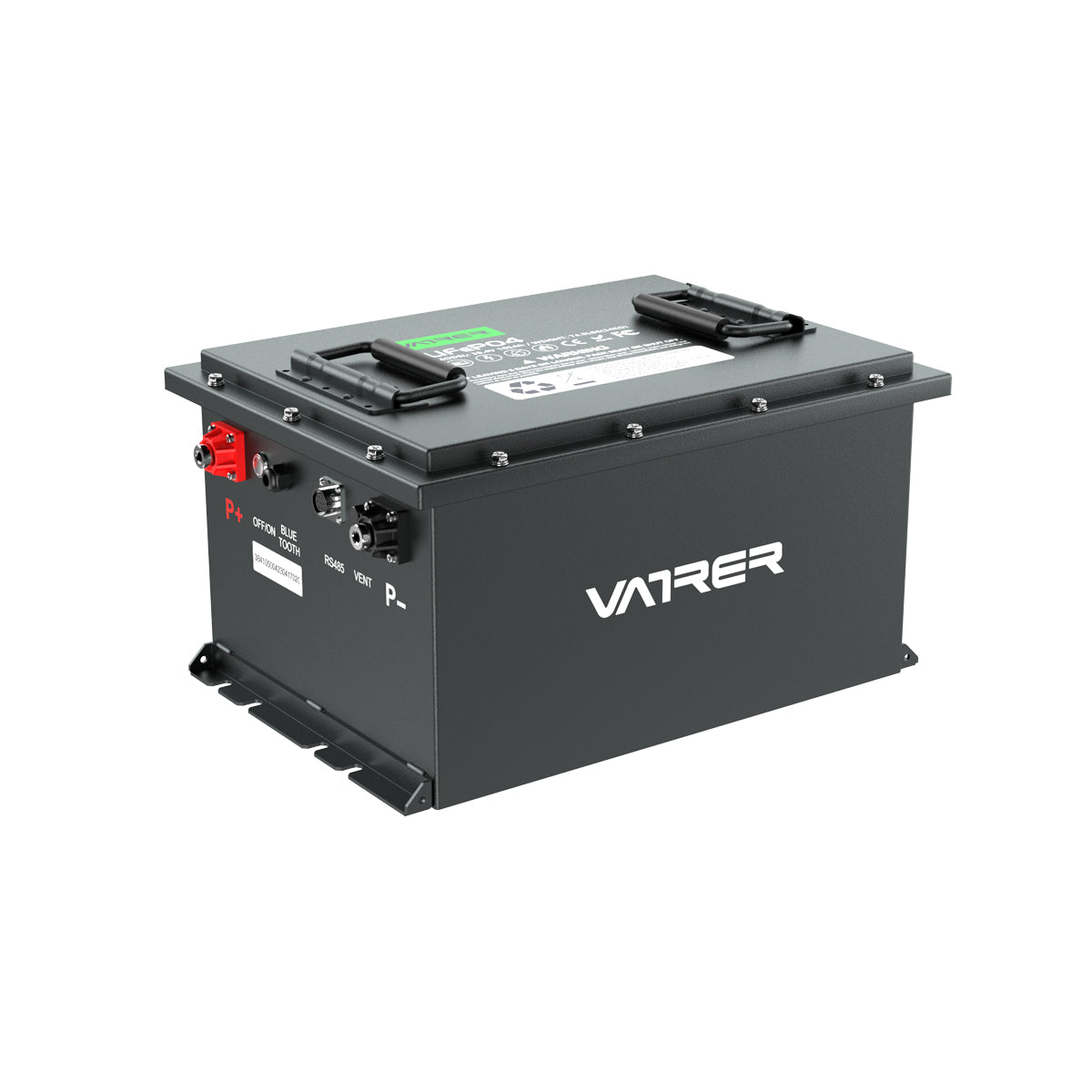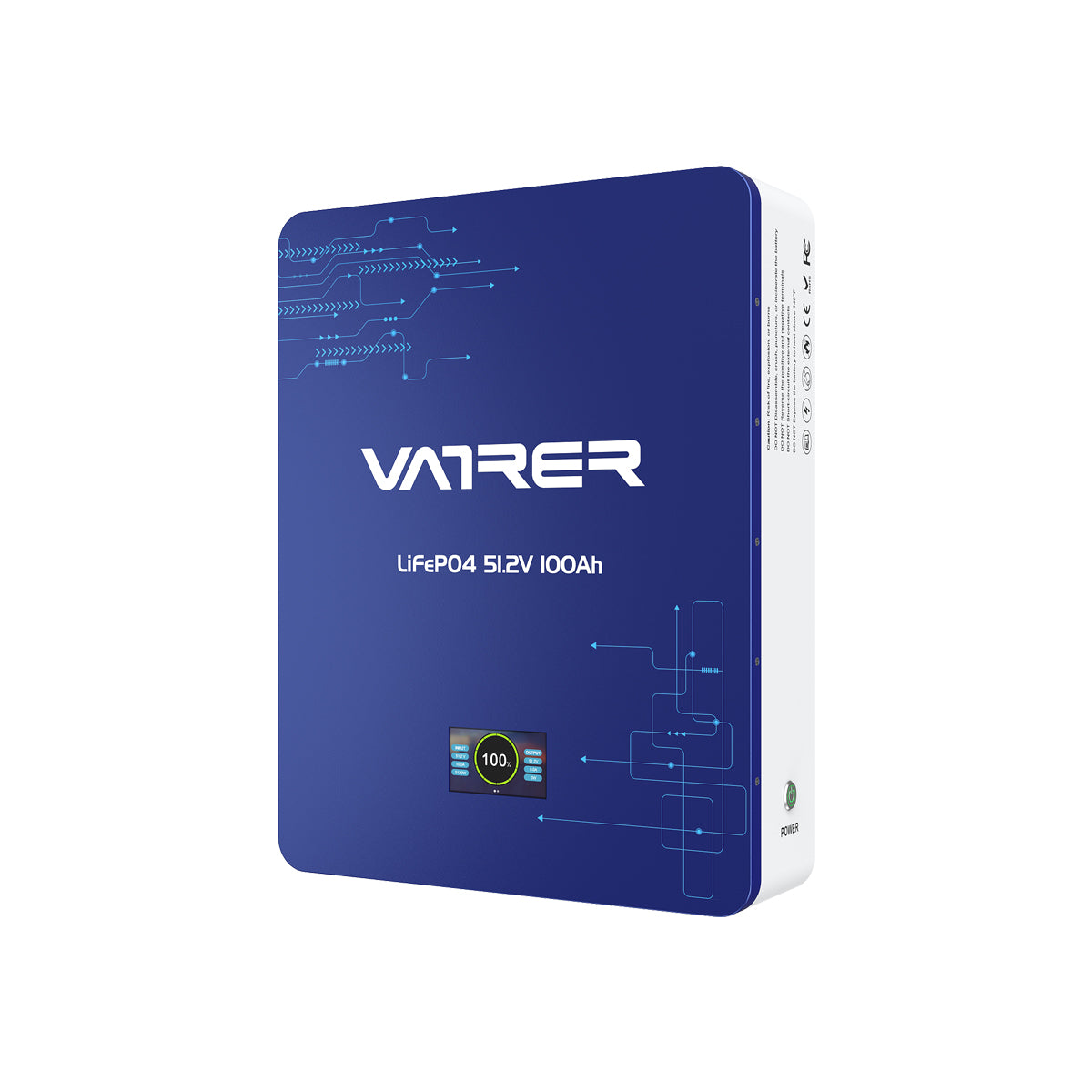Table of Contents
- 1. Introduction
- 2. Types of Batteries Used in Solar Lights
- Nickel-Cadmium (NiCd) Batteries
- Nickel-Metal Hydride (NiMH) Batteries
- Lithium-Ion Batteries
- Lead-Acid Batteries
- 3. Factors to Consider When Choosing Batteries
- 4. Comparison of Battery Types
- 5. Recommendations for Different Applications
- 6. Conclusion
1. Introduction
Overview of Solar Lights and Their Importance
Solar lights have become an integral part of modern energy solutions, offering an eco-friendly and cost-effective alternative to traditional lighting systems. These lights harness solar energy through photovoltaic cells, converting sunlight into electricity, which is then stored in batteries for later use. The adoption of solar lights is driven by the increasing demand for sustainable energy solutions, the need to reduce carbon footprints, and the desire to lower electricity costs. Solar lights are used in various applications, from residential garden lighting to large-scale commercial and industrial installations.

Purpose of the Paper
The purpose of this paper is to explore the different types of batteries used in solar lights, analyze the factors to consider when choosing these batteries, and provide recommendations for different applications. Understanding the battery options available is crucial for optimizing the performance and longevity of solar lighting systems. This paper aims to guide consumers, engineers, and policymakers in making informed decisions regarding battery selection for solar lights.
2. Types of Batteries Used in Solar Lights
Nickel-Cadmium (NiCd) Batteries
Nickel-Cadmium (NiCd) batteries have been a popular choice for solar lights due to their robustness and ability to perform well in a wide range of temperatures. They are known for their long cycle life and reliability. However, NiCd batteries suffer from a memory effect, which can reduce their capacity if not fully discharged regularly. Additionally, the environmental impact of cadmium, a toxic heavy metal, has led to a decline in their popularity.
Nickel-Metal Hydride (NiMH) Batteries
Nickel-Metal Hydride (NiMH) batteries are an improvement over NiCd batteries, offering higher energy density and being more environmentally friendly. They do not suffer from the memory effect, making them easier to maintain. NiMH batteries are widely used in solar lights due to their balance of performance, cost, and environmental considerations. However, they have a shorter lifespan compared to some other battery types and can be sensitive to high temperatures.
Lithium-Ion Batteries
Lithium-Ion batteries are increasingly being used in solar lights due to their high energy density, lightweight, and long lifespan. They offer excellent performance in terms of charging and discharging cycles and have a low self-discharge rate. Lithium-Ion batteries are more expensive than NiCd and NiMH batteries but provide superior performance and longevity. Their environmental impact is also lower, as they do not contain toxic metals like cadmium.
Lead-Acid Batteries
Lead-Acid batteries are one of the oldest types of rechargeable batteries and are known for their reliability and low cost. They are commonly used in larger solar lighting systems, such as streetlights and commercial installations. Lead-Acid batteries have a high capacity and can deliver large amounts of power. However, they are heavy, have a shorter lifespan, and require regular maintenance. Their environmental impact is also a concern due to the presence of lead.
3. Factors to Consider When Choosing Batteries
Capacity and Voltage
The capacity of a battery, measured in ampere-hours (Ah), determines how much energy it can store. The voltage, measured in volts (V), affects the compatibility with the solar light system. It is essential to choose a battery with the appropriate capacity and voltage to ensure optimal performance and avoid damage to the system.
Environmental Impact
The environmental impact of batteries is a significant consideration, especially for eco-conscious consumers. NiCd batteries contain toxic cadmium, while Lead-Acid batteries contain lead, both of which pose environmental hazards. NiMH and Lithium-Ion batteries are more environmentally friendly options.
Cost and Availability
The cost of batteries can vary significantly depending on the type and brand. NiCd and Lead-Acid batteries are generally more affordable, while Lithium-Ion batteries are more expensive but offer better performance. Availability can also be a factor, as some battery types may be harder to find in certain regions.
Lifespan and Durability
The lifespan of a battery is an important factor, as it affects the long-term cost and maintenance requirements of the solar light system. Lithium-Ion batteries typically have the longest lifespan, followed by NiMH, NiCd, and Lead-Acid batteries. Durability in different environmental conditions, such as temperature extremes, is also crucial for ensuring reliable performance.
4. Comparison of Battery Types
Performance in Different Conditions
NiCd batteries perform well in a wide range of temperatures, making them suitable for outdoor solar lights. NiMH batteries are more sensitive to high temperatures but offer better energy density. Lithium-Ion batteries provide excellent performance across various conditions, while Lead-Acid batteries are reliable but less efficient in extreme temperatures.
Charging and Discharging Cycles
Lithium-Ion batteries have the highest number of charging and discharging cycles, followed by NiMH, NiCd, and Lead-Acid batteries. This makes them ideal for applications requiring frequent use and long-term reliability.
Maintenance Requirements
Lead-Acid batteries require regular maintenance, such as checking electrolyte levels and cleaning terminals. NiCd batteries need to be fully discharged periodically to avoid the memory effect. NiMH and Lithium-Ion batteries have minimal maintenance requirements, making them more convenient for users.
5. Recommendations for Different Applications
Residential Use
For residential solar lights, NiMH and Lithium-Ion batteries are recommended due to their balance of performance, cost, and environmental considerations. NiMH batteries are suitable for garden lights and small installations, while Lithium-Ion batteries are ideal for more demanding applications.
Commercial Use
In commercial settings, where reliability and performance are critical, Lithium-Ion batteries are the best choice. They offer long lifespan, high energy density, and low maintenance, making them suitable for large-scale installations.
Off-Grid Applications
For off-grid applications, such as remote areas or emergency lighting, Lead-Acid batteries can be a cost-effective option due to their high capacity and low cost. However, for better performance and longevity, Lithium-Ion batteries are recommended.
6. Conclusion
Summary of Key Points
This paper has explored the various types of batteries used in solar lights, including NiCd, NiMH, Lithium-Ion, and Lead-Acid batteries. Each type has its advantages and disadvantages, with factors such as capacity, environmental impact, cost, and lifespan playing a crucial role in the selection process.
Final Recommendations
For most applications, Lithium-Ion batteries are the preferred choice due to their superior performance, long lifespan, and low maintenance requirements. NiMH batteries are a viable alternative for less demanding applications, while Lead-Acid batteries can be considered for cost-sensitive or off-grid scenarios. Ultimately, the choice of battery should be guided by the specific needs and conditions of the solar lighting system.






